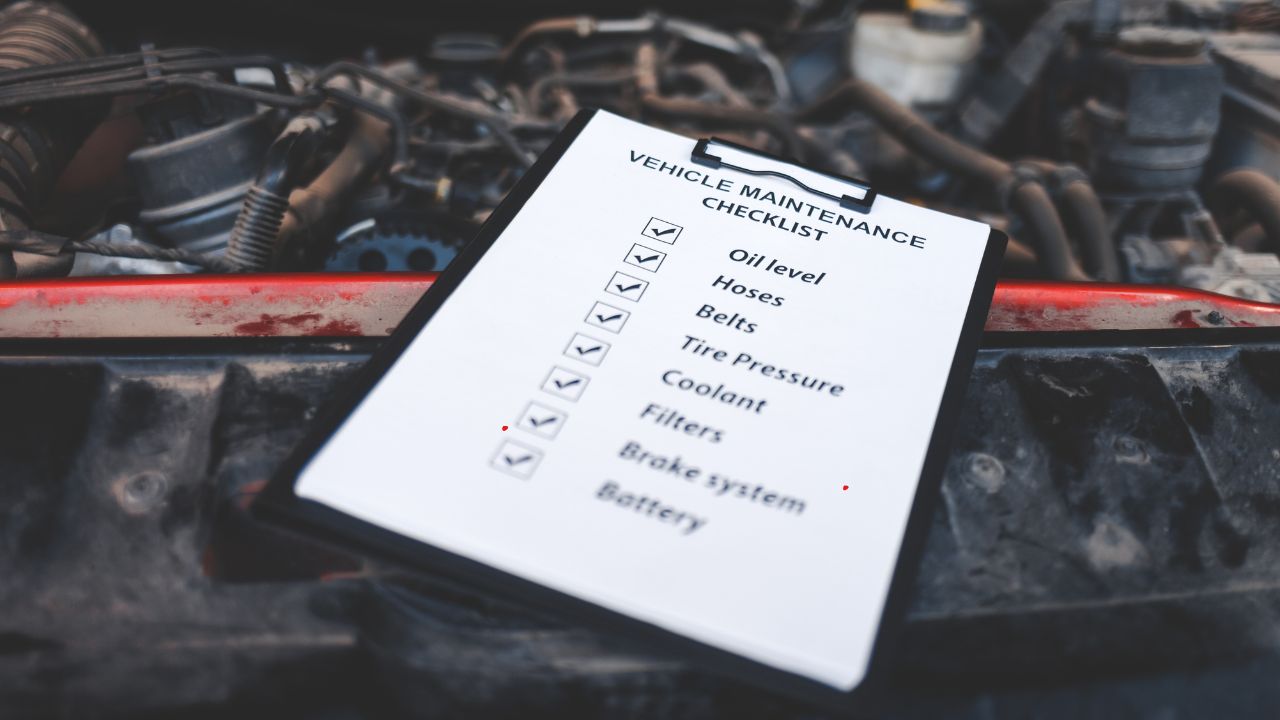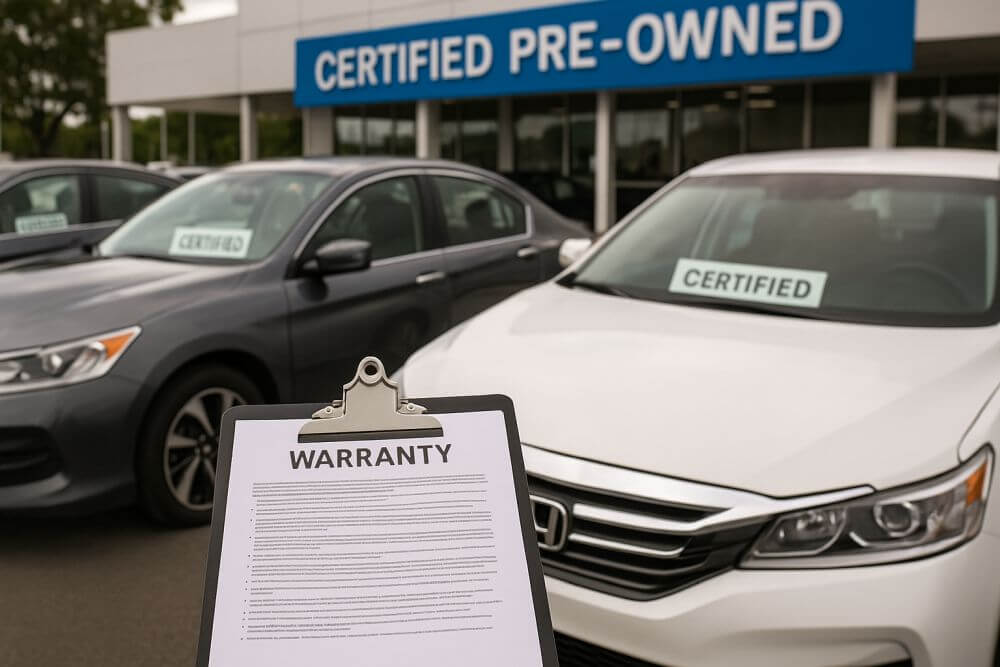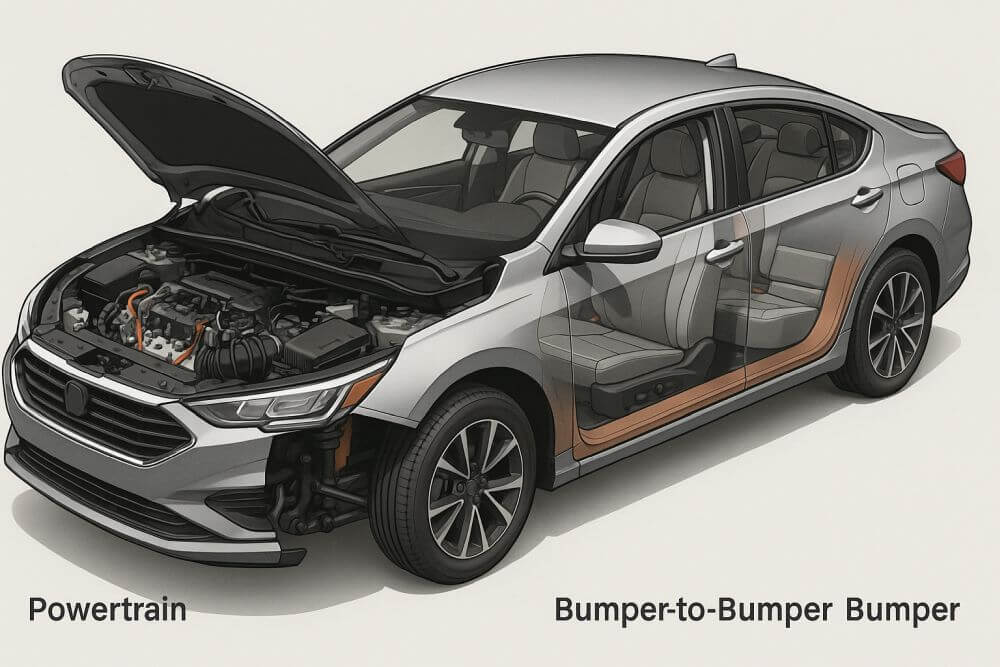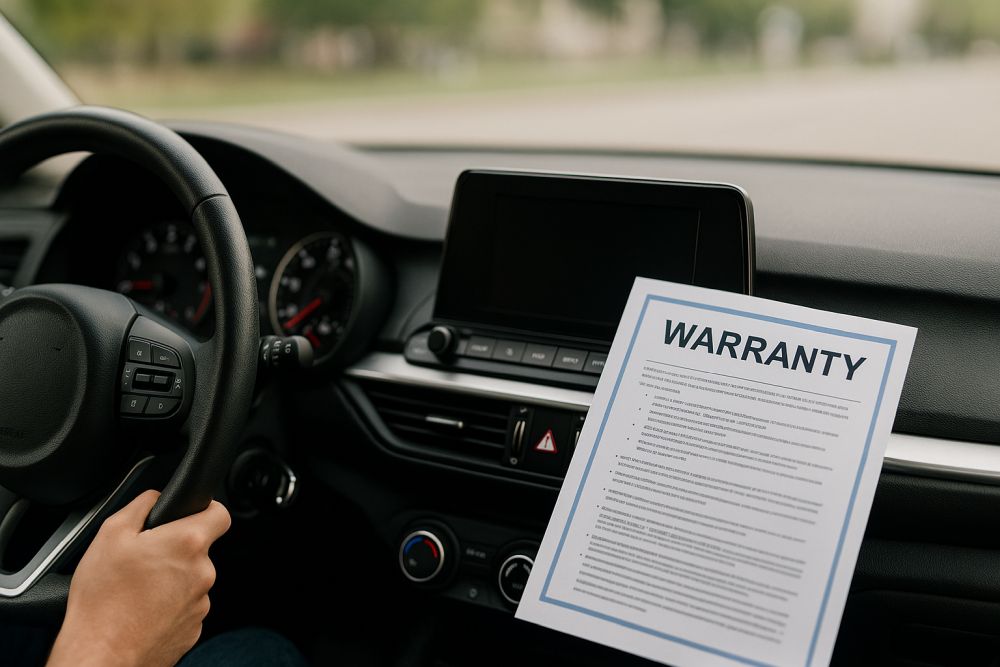When buying a used car in Wisconsin, it’s important to understand your rights and protections under the state’s Lemon Law. While many people associate Lemon Laws with new vehicles, Wisconsin’s law also covers certain used cars. If you’ve recently purchased a used vehicle and are experiencing significant issues, knowing your legal options can save you time, money, and frustration.

What is Wisconsin’s Lemon Law?
Wisconsin’s Lemon Law is designed to protect consumers who purchase or lease a vehicle that turns out to have serious defects. The law primarily applies to new vehicles, but it also provides some protection for used cars. If a vehicle you purchased meets specific criteria under the Lemon Law, you may be entitled to a replacement vehicle, a refund, or other compensation.
Key Points of Wisconsin’s Lemon Law for Used Cars
Here’s a closer look at how Wisconsin’s Lemon Law applies to used cars:
- Eligibility Criteria:
The vehicle must be less than a year old and still under the manufacturer’s original warranty at the time of purchase. If the vehicle meets these criteria and develops a defect within the warranty period, it may qualify under the Lemon Law. - Serious Defects:
The law covers defects that substantially impair the vehicle’s use, value, or safety. Minor issues, such as cosmetic imperfections or small inconveniences, are not covered. - Reasonable Repair Attempts:
The manufacturer or dealer must be given a reasonable number of attempts to repair the defect. In Wisconsin, this usually means the vehicle has been subject to at least four repair attempts for the same issue, or it has been out of service for 30 cumulative days within the first year or warranty period. - Notification Requirements:
If your vehicle qualifies as a lemon, you must notify the manufacturer in writing. This step is crucial for starting the process of receiving a replacement vehicle or a refund. - Remedies:
If the defect cannot be fixed after a reasonable number of attempts, you are entitled to a replacement vehicle or a refund of the purchase price, minus a reasonable allowance for use. The law also covers any incidental damages such as towing or rental car costs.
Steps to Take if You Believe Your Used Car is a Lemon
If you suspect that your used car qualifies as a lemon under Wisconsin law, follow these steps:

- Keep Detailed Records:
Maintain thorough records of all repair attempts, including dates, work orders, and communication with the dealer or manufacturer. These records are essential if you need to pursue a claim. - Understand the Warranty:
Review the terms of your vehicle’s warranty carefully. The Lemon Law only applies if the defect is covered by the manufacturer’s original warranty. - Notify the Manufacturer:
If the dealer is unable to repair the defect after multiple attempts, notify the manufacturer in writing. Be clear about the issue and include copies of all relevant documentation. - Consult an Attorney:
Lemon Law cases can be complex, and having an experienced attorney can help you navigate the process. Many attorneys offer free consultations and will work on a contingency basis, meaning they only get paid if you win your case.
Additional Consumer Protections for Used Cars
Beyond the Lemon Law, Wisconsin has other consumer protection laws that apply to used car purchases:
- Implied Warranties:
In Wisconsin, used cars are typically sold with an implied warranty that the vehicle is in good working order. This means that even if the car is sold “as-is,” the dealer cannot sell you a car that they know has serious defects. - Odometer Tampering:
It is illegal for a seller to roll back the odometer on a used car. If you suspect that the odometer has been tampered with, report it immediately. This can lead to severe penalties for the seller and may entitle you to a refund. - Title and History Reports:
Before purchasing a used car, it’s wise to conduct a license plate lookup Wisconsin service or a car plate lookup to check the vehicle’s history. This can reveal important information about past accidents, title issues, or whether the car was previously declared a total loss.
How to Avoid Buying a Lemon
While Wisconsin’s Lemon Law offers protection, it’s always better to avoid purchasing a lemon in the first place. Here are some tips to help you make a smart used car purchase:

- Get a Pre-Purchase Inspection:
Have a trusted mechanic inspect the vehicle before you buy it. This can help identify potential issues that aren’t immediately apparent. - Review the Vehicle History:
Get a vehicle history report to check for any red flags in the vehicle’s past. - Buy from a Reputable Dealer:
Purchasing from a dealer with a solid reputation can reduce the risk of buying a lemon. Look for dealers who are transparent about the vehicle’s condition and provide a warranty. - Test Drive the Car:
Always test drive the vehicle under various conditions (highway, city, stop-and-go traffic) to get a feel for how it performs.
Conclusion
Wisconsin’s Lemon Law provides valuable protections for consumers who purchase defective vehicles, including certain used cars. Understanding your rights under the law can help you take the necessary steps if you find yourself with a lemon. Remember, thorough research and careful consideration before buying can save you from potential headaches down the road.
If you’re dealing with a problematic used car, don’t hesitate to explore your legal options. Whether it’s through the Lemon Law or other consumer protections, Wisconsin law is on your side.


